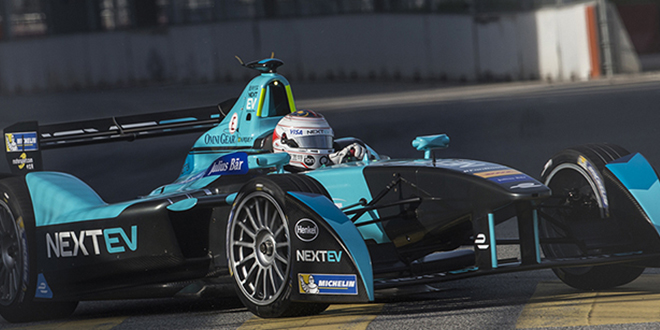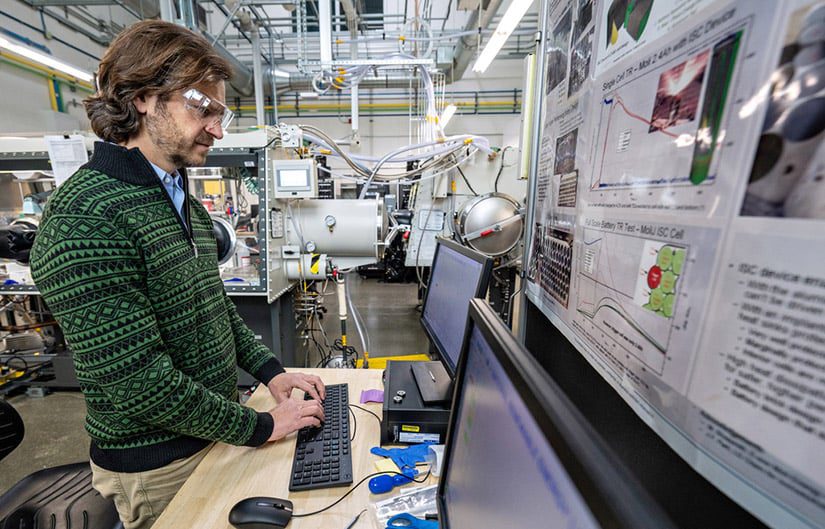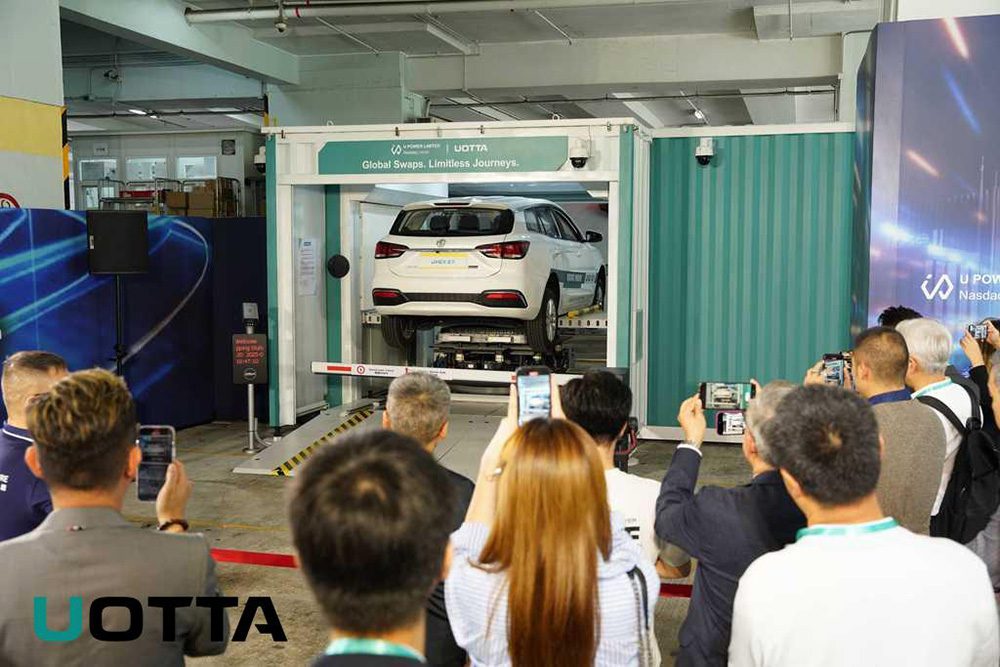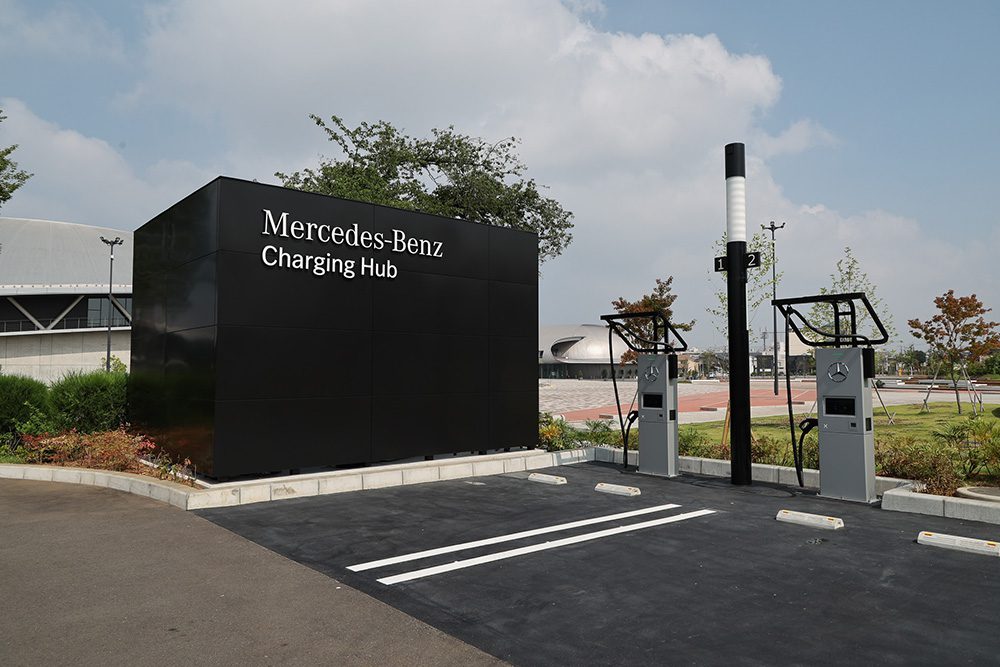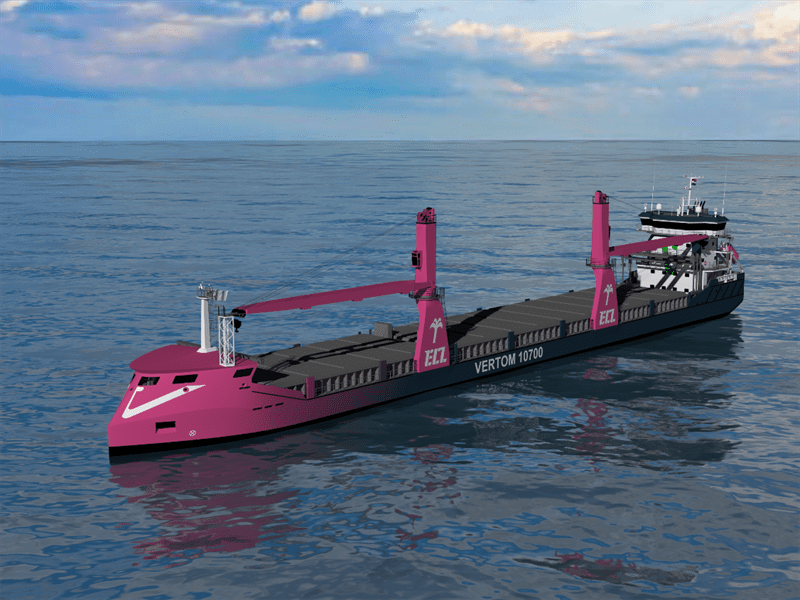The lure of China’s EV market, with its vast potential size and a government committed to promoting new energy vehicles, is an enticing one for established automakers and startups alike.
Shenzhen-based BYD (in which Warren Buffett’s Berkshire Hathaway owns a 9% stake) currently dominates China’s new energy vehicle market, with an 18% share. Tesla is a minor player so far – in the first three quarters of 2015, it sold 3,025 vehicles in China, while BYD moved 11,477.
However, the Silicon Valley automaker, with its bold embrace of the Triple Trend (electrification, autonomy, connectivity) serves as a role model for a number of tech companies that are angling for a piece of the growing Chinese EV market. Electronics manufacturer Foxconn, Internet portal Tencent and China Harmony New Energy Auto have set up a joint venture to build new energy vehicles. Le Holdings, a maker of Web-enabled TVs and smartphones, is a major investor in Faraday Future, and subsidiary LeEco hopes to produce cars in China.
One of the startups hoping to become the Tesla of Tiananmen is NextEV, which has produced a Formula E race car, secured financial backing from VC firms including Sequoia Capital, and made a deal to outsource production to manufacturer Anhui Jianghuai.
Founder William Li, who built Bitauto Holdings into China’s biggest provider of online car pricing data, has a vision of the automobile’s digital future. “Traditional auto manufacturers treat the car as 95 percent transportation tool,” Li told Bloomberg. “Tesla’s cars have perhaps 20 percent to 30 percent content that are not related to transportation. My aim is to boost that to more than 50 percent.”
However, Li has a healthy skepticism that any of the startups will conquer China’s treacherous auto market – including his own. He rates his chances at no more than five percent, and expects most of the tech companies’ “new business models” for EVs will end up in the wastebasket.
“There’s an exponential gulf between creating a concept car and mass production, and then to actually sell them,” Li said. “Tesla has broken a lot of new ground and inspired a raft of Internet companies to follow, but most have no idea what they’re facing.”
Source: Bloomberg







